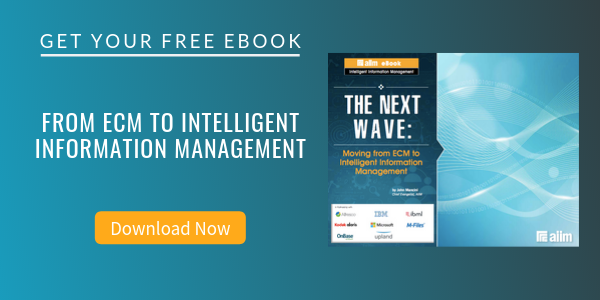
8 Tips for Converting Your SEO Operation into a Key Online Marketing Channel
After years of paying lip service to search engine optimization (SEO), the time for enterprises to seriously consider this online marketing channel has finally come. The traditional online marketing channels - paid search, display advertising, and email – are all experiencing saturation, fierce competition, and lower returns on investments. As a result, marketing organizations are discovering SEO to be the most promising alternative for acquiring new customers. But there is some heavy-lifting that needs to be done before SEO can become a consistent revenue-generating channel with positive ROI.
How to Convert Your SEO Operation into a Key Online Marketing Channel
1.Take SEO Seriously - Now
There is a significant first-mover advantage in SEO – if you can take a position at the top of the natural search rankings, the search engines will give you higher authority and more exposure, making it very difficult for others to dislodge you. By jumping into an SEO strategy now, you’ll likely have a leg up on your competition for better placement in search rankings.
2.Dedicate Specialist Resources
SEO is not a part-time activity. It is naturally competitive and requires constant attention from specialists who really understand SEO. Typically, the best performers among enterprises have one-to-three dedicated staff, but there are certainly corporations with many more.
3.Develop a Comprehensive Keyword Portfolio
Many enterprises think they have SEO covered with just 10 or 20 keywords. However, even a modest SEO operation should consist of 50 to 100 keywords. You should think of each ‘keyword‘ as a micro-marketing channel -- every single keyword missed is a channel that you are not benefiting from.
4.Consider the Long Tail
If you really want to maximize the impact of your SEO operation, you may need to go well beyond the top 100 keywords. The best practitioners have a keyword portfolio that numbers in the thousands, developing what is known as the “long tail.” At the single keyword level, this might not appear productive, but collectively the long tail can produce as much traffic as the top 100.
5.Build Your Competitive Intelligence
Whether you’re the dominant incumbent or the aggressive challenger, in SEO, knowledge is power. You need to constantly monitor your competitors’ SEO activities to see what is working for them and respond accordingly.
6.Invest in an Enterprise-Class SEO Management Technologies.
It’s time to replace those Excel spreadsheets. When you are managing 100+ keywords and simultaneously monitoring the SEO activities of your top competitors, a spreadsheet is cumbersome and no longer efficient. You need an enterprise-class SEO platform that delivers an integrated and comprehensive suite of management tools, and that can scale as you grow your keyword portfolio.
7.ROI-Driven SEO
Armed with the superior performance data generated from your SEO management platform, you should now hold your SEO operation up to the same standard as the rest of your online marketing operations. That means developing an ROI model for each of your SEO initiatives. Only then can management understand the real return of SEO projects and make accurate budgeting decisions.
8.Make SEO an Enterprise-Wide Priority
Finally, the most successful SEO operations are a company-wide endeavor. Organic search performance is driven by every employee who touches the web. This includes marketing managers who decide on messaging, content producers who write the copy, web developers who structure the web site, even the PR team who write the press releases and educate the media. Each person has to include SEO best practices in everything they do. It starts with education, but you also need the right workflows and technology in place.
By implementing an effective SEO solution, and having the knowledge to utilize the information to your advantage, you can immediately reap the benefits of another revenue-generating channel and make SEO work for you.
About John Mancini
John Mancini is the President of Content Results, LLC and the Past President of AIIM. He is a well-known author, speaker, and advisor on information management, digital transformation and intelligent automation. John is a frequent keynote speaker and author of more than 30 eBooks on a variety of topics. He can be found on Twitter, LinkedIn and Facebook as jmancini77. Recent keynote topics include: The Stairway to Digital Transformation Navigating Disruptive Waters — 4 Things You Need to Know to Build Your Digital Transformation Strategy Getting Ahead of the Digital Transformation Curve Viewing Information Management Through a New Lens Digital Disruption: 6 Strategies to Avoid Being “Blockbustered” Specialties: Keynote speaker and writer on AI, RPA, intelligent Information Management, Intelligent Automation and Digital Transformation. Consensus-building with Boards to create strategic focus, action, and accountability. Extensive public speaking and public relations work Conversant and experienced in major technology issues and trends. Expert on inbound and content marketing, particularly in an association environment and on the Hubspot platform. John is a Phi Beta Kappa graduate of the College of William and Mary, and holds an M.A. in Public Policy from the Woodrow Wilson School at Princeton University.



